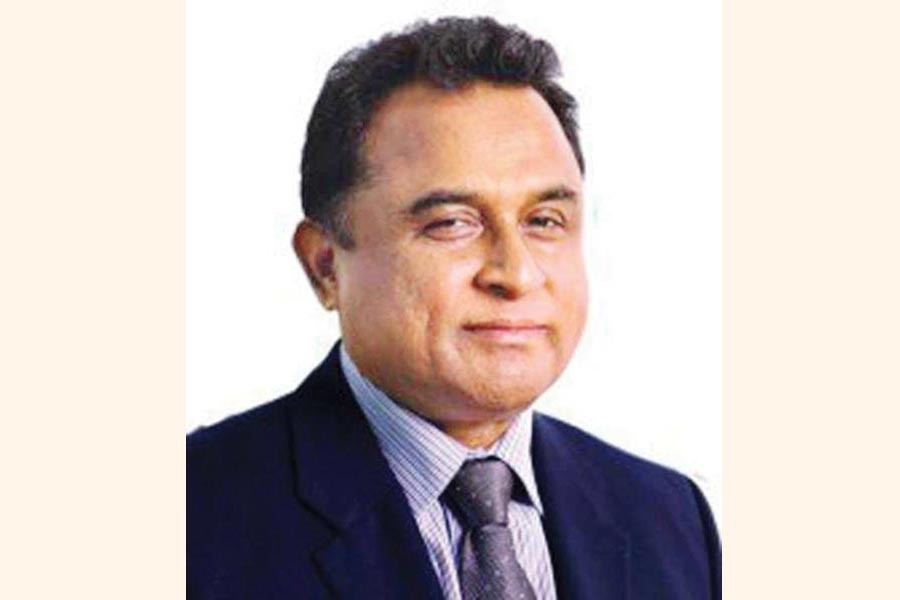Kamal asks customs to scan exports, imports
Conduct physical inspection of at least 10pc items at customs points

Published :
Updated :

Finance minister AHM Mustafa Kamal instructed on Sunday the customs authorities to scan all export and import products at entry and exit points.
He also directed them to conduct physical inspection of at least 10 per cent products at customs points.
Mr Kamal made the direction at a meeting with top customs and Value Added Tax (VAT) officials in the conference hall of the National Economic Council.
He said 100 per cent export-import products should be scanned for a certain time until the customs feel confident that the government will not lose revenue.
"Each and every component, including capital machinery, spare parts and raw material, that will enter or exit the country will be scanned," he asserted.
This system would continue until the 'comfort zone' established for customs as well as no risk for revenue loss, the minister mentioned.
He said 10 per cent of those products would also be examined physically to cross-check the scanning.
Officials of the country's largest Chittagong Custom House said they are currently scanning a product based on its risk factor for inadequate scanning machines.
Also, there is no specific limit of physical inspection of products at entry or exit points, they added.
Mr Kamal said the government is losing its due revenue from some selective sectors because of distortion.
"We've selected some sectors where expected revenues were not collected for some inconsistencies."
He said tax revenue collection is lagging behind compared to that of the growth of gross domestic product.
Mr Kamal said the government will establish own tax offices in all districts to expand tax net.
Currently, income tax, customs and VAT offices are based on rental buildings.
Mr Kamal also asked the customs and VAT officials to provide hassle-free services for the taxpayers.
He said every citizen has the right to go to court and files a case to settle a dispute.
But a certain amount of tax has to be paid before filing a case against a tax-related dispute, he stated.
National Board of Revenue chairman Md Mosharraf Hossain Bhuiyan said they want to introduce the new VAT law next July.
"The NBR will talk to the businesses to amend the law within two-three months and prepare it for placing before parliament," he added.
Responding to the issue, Mr Kamal said the NBR will have to estimate possible revenue generation at each stage of multiple VAT rates.
"We don't want to face any further blow to implement the new VAT law," he continued.
The government has deferred implementation of the new VAT and Supplementary Duty Act-2012 several times.
It was passed in parliament in 2012.
In fiscal year 2017-18, the government deferred implementation of the new law by two years, thus bowing down to the businesses.
The finance minister said the NBR should increase the number of electronic fiscal devices to 1.0 million from 10,000 to the businesses.
VAT and customs members and commissioners across the country attended the first meeting with Mr Kamal.
doulot_akter@yahoo.com


 For all latest news, follow The Financial Express Google News channel.
For all latest news, follow The Financial Express Google News channel.